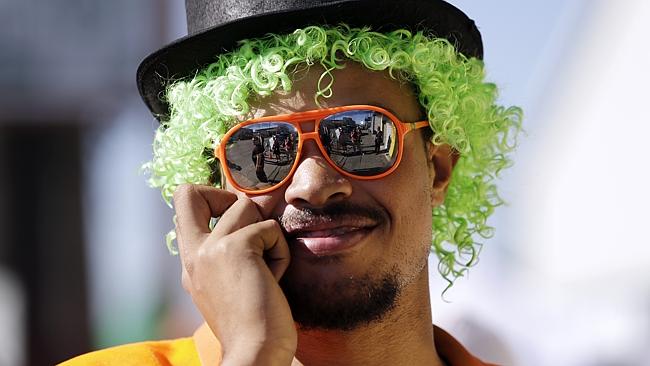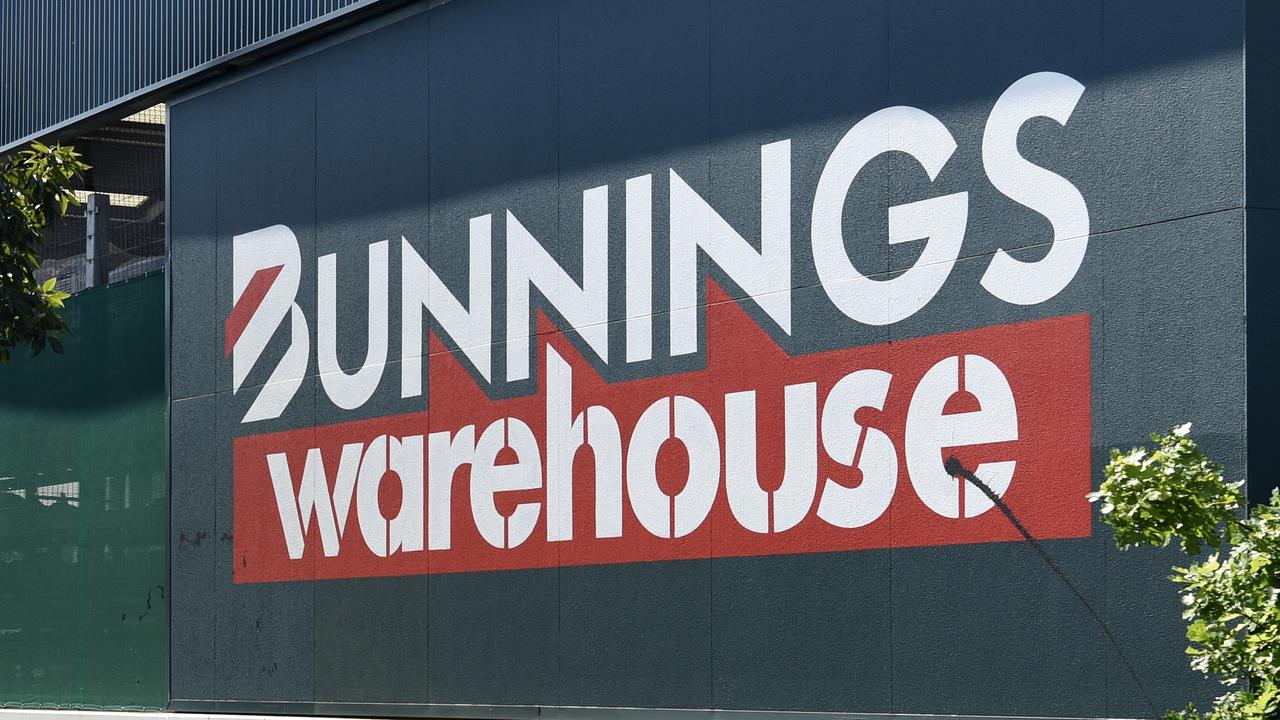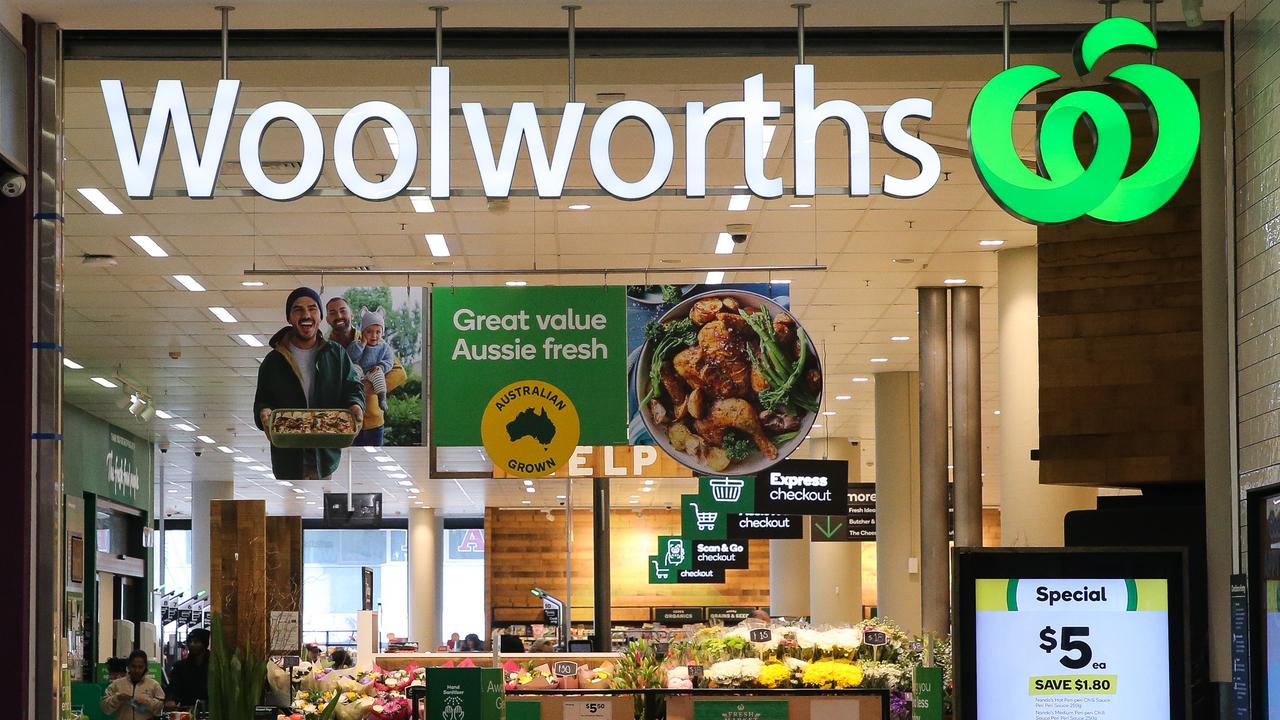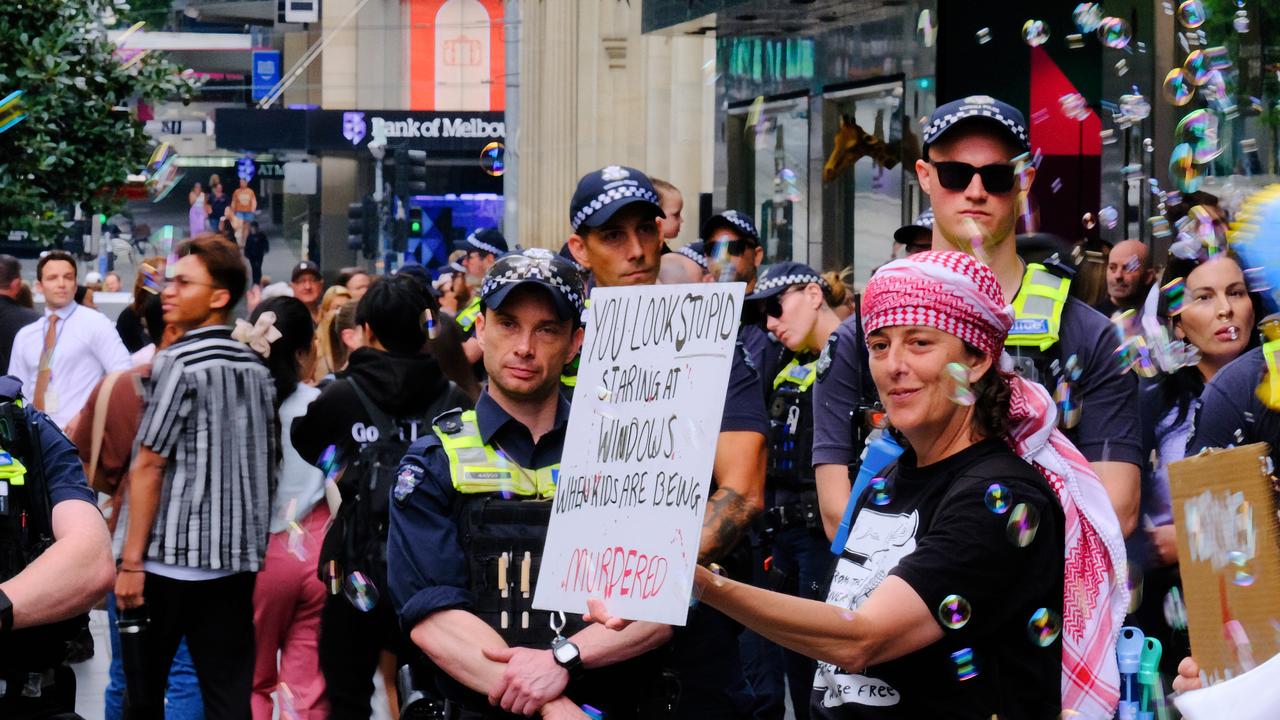Hundreds line up for legal weed in Washington state
HUNDREDS of people in Washington have queued to be the first to buy marijuana, which has just been made legal for recreational use.

SURROUNDED by thousands of packages of marijuana, Seattle’s top prosecutor needed some advice: Which one should he buy?
A new day, indeed.
Twenty months after voters legalised recreational cannabis for adults over 21, Washington state’s first few licensed pot shops opened for business, catering to hundreds of customers who lined up outside, thrilled to be a part of the historic moment.
The pot being sold at a handful of stores in Seattle, Bellingham, Prosser and Spokane was regulated, tested for impurities, heavily taxed and in short supply — such short supply that several other shops couldn’t open because they had nothing to sell.
Pete Holmes, Seattle’s elected city attorney and a main backer of the state’s recreational marijuana law, said he wanted to be one of the first customers to demonstrate there are alternatives to the nation’s failed drug war.
“This is a tectonic shift in public policy,” he said. “You have to honour it. This is real. This is legal. This is a wonderful place to purchase marijuana where it’s out of the shadows.”
Dressed in a pinstripe suit, Holmes stood inside Seattle’s first and, for now, only licensed pot shop, Cannabis City, south of downtown.
Unsure what to buy, he asked the owner of the company that grew it, Nine Point Growth Industries of Bremerton, who recommended OG’s Pearl. The strain tested at 21.5 per cent THC, marijuana’s main psychoactive compound.
The shop’s 26-year-old twin salesmen, Andrew and Adam Powers, explained its benefits to Holmes: mainly, that the taste is not too “skunky” to turn off the occasional user.
Holmes noted it had been quite some time since he smoked pot. He paraphrased a line from the “South Park” cartoon series: “Remember, children, there’s a time and place for everything. That place is college.”
He spent $80 on 4 grams, including $20.57 in taxes.
Washington is the second state to allow marijuana sales without a doctor’s note. Voters in Colorado also legalised pot in 2012, and sales began there Jan. 1.
Washington’s Liquor Control Board began working right away to develop rules governing just about every aspect of the industry, from what fertilisers can be used to how extracts are produced.
But the board has been overwhelmed: Nearly 7000 people applied to grow, process or sell pot, and those licenses are being reviewed glacially by the board’s 18 investigators.
Fewer than 100 growers have been approved, and only about a dozen were ready to harvest in time for the market’s launch. The growers pick which stores they sell to.
Altitude, the shop that opened in Prosser, 160 miles southeast of Seattle, served 215 customers by midafternoon Tuesday and planned to close early to stretch its supply for the rest of the week.
It’s been a bumpy ride in Washington, with product shortages expected as growers and sellers scrambled to prepare. Pot prices were expected to be higher than what people pay at the state’s unregulated medical marijuana dispensaries.
That was largely due to the short supply of legally produced pot in the state. Although more than 2600 people applied to become licensed growers, fewer than 100 have been approved — and only about a dozen were ready to harvest by early this month.
In Seattle, hundreds of people waited in the warm sunshine outside for Cannabis City to open at noon. Store owner James Lathrop declared it time to “free the weed” and cut the ribbon — actually yellow police tape strung across the shop’s door.
His first customer, 65-year-old retiree Deb Greene, hugged and thanked Alison Holcomb, the author of Washington’s marijuana law, before placing her order for 8 grams, totalling $160 with tax. Greene said she got excited and bought twice as much as she intended to.
The hype surrounding the pot shop openings was unwelcome in some quarters.
Derek Franklin, head of the Washington Association for Substance Abuse and Violence Prevention, said it can “normalise” marijuana use for children. He lamented that the state only recently scraped together some money for a digital and radio advertising campaign to urge parents to talk to their children about marijuana.
“This kind of messaging, not only is it too late, but it’s not nearly in-depth enough,” he said. “If we’re the big marijuana social experiment, well, there’s no experiment I’m aware of that you go into without informed consent.”
Bellingham’s first store, Top Shelf Cannabis, opened at 8am. Cale Holdsworth strode to the counter, sniffed a glass jar filled with marijuana, and said: “I’ll take 2 grams.”
Holdsworth paid $26.50 and held up the brown paper bag containing his pot as people applauded.
“This is a great moment,” said the 29-year-old from Abilene, Kansas, as a swarm of reporters and television cameras recorded the moment.
Holdsworth was in town with his girlfriend, Sarah Gorton, and her younger brother for her grandfather’s birthday.
“It’s just a happy coincidence and an opportunity we’re not going to have for a long time,” said Gorton, 24. “I’m really thrilled to be a part of something that I never thought would happen.”
The trio planned to head back to their relatives’ house and sample the purchase.
“We’re probably going to break open a bottle of wine, sit on the porch and enjoy this,” she said.



